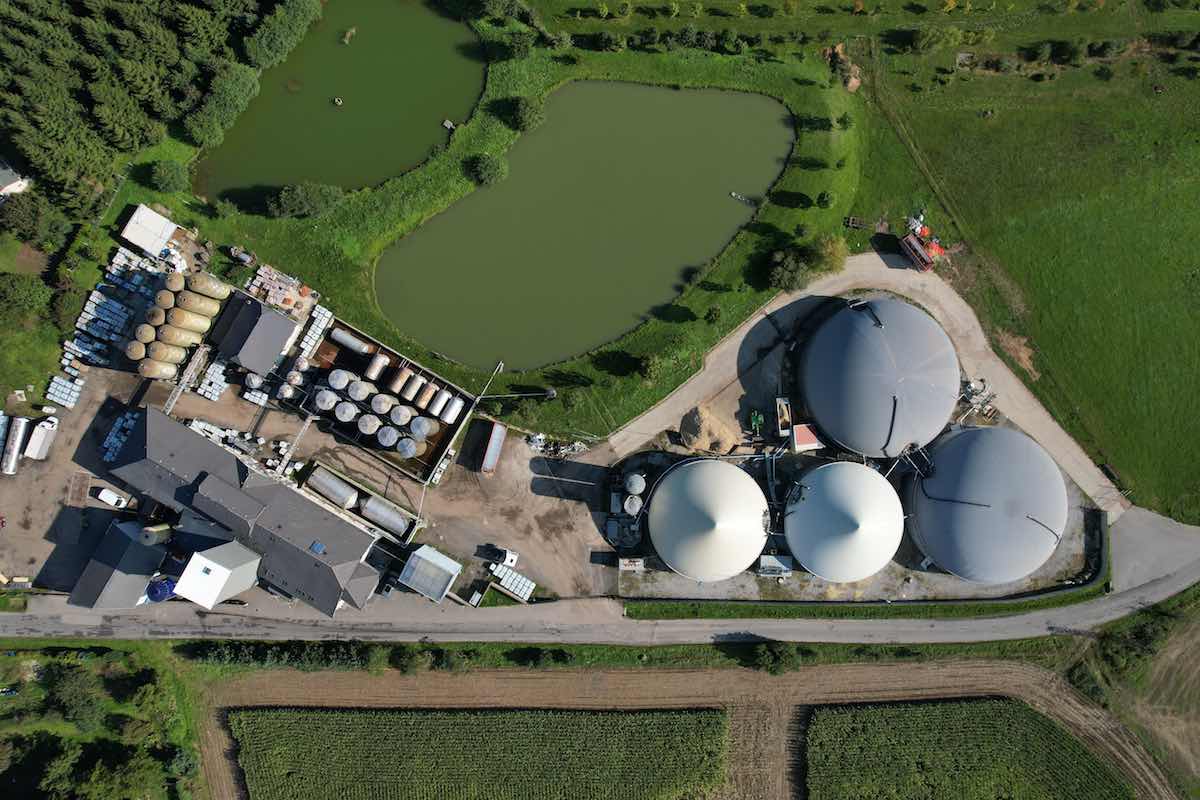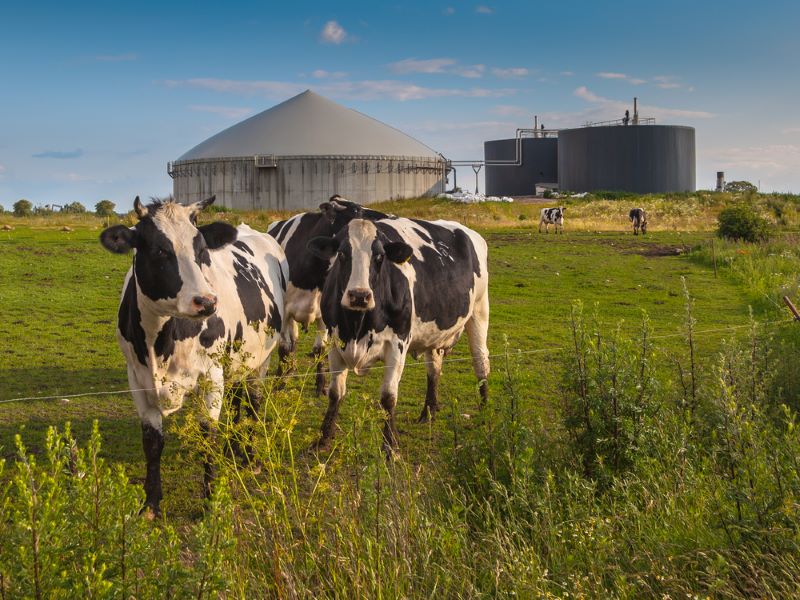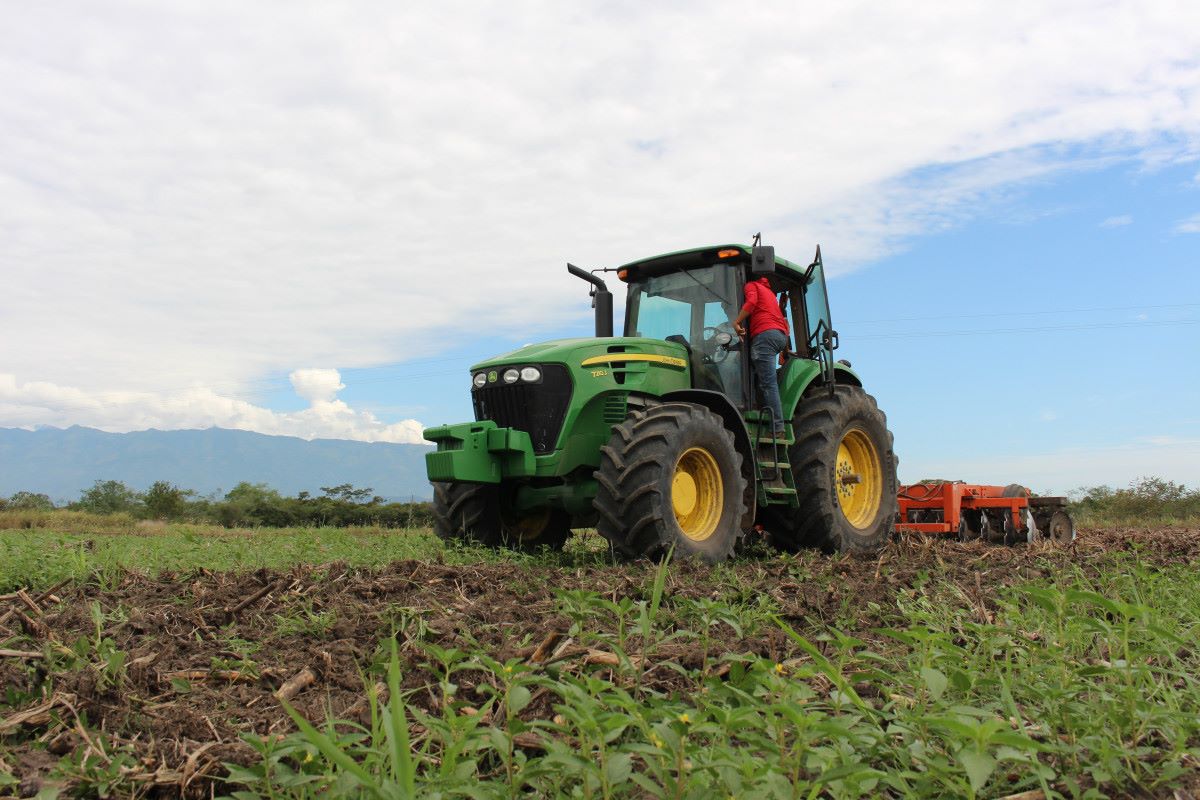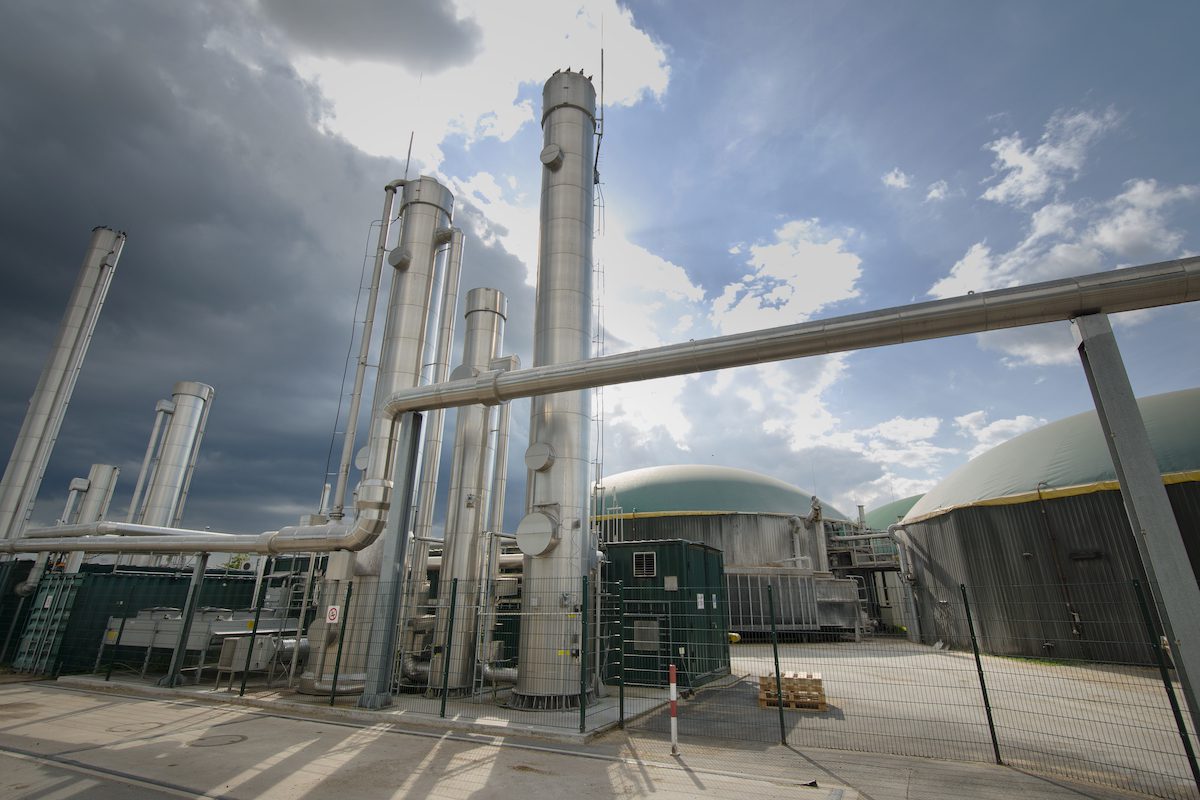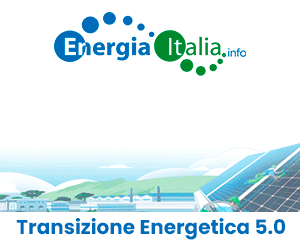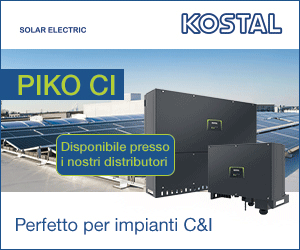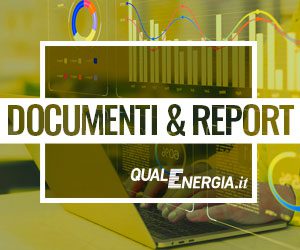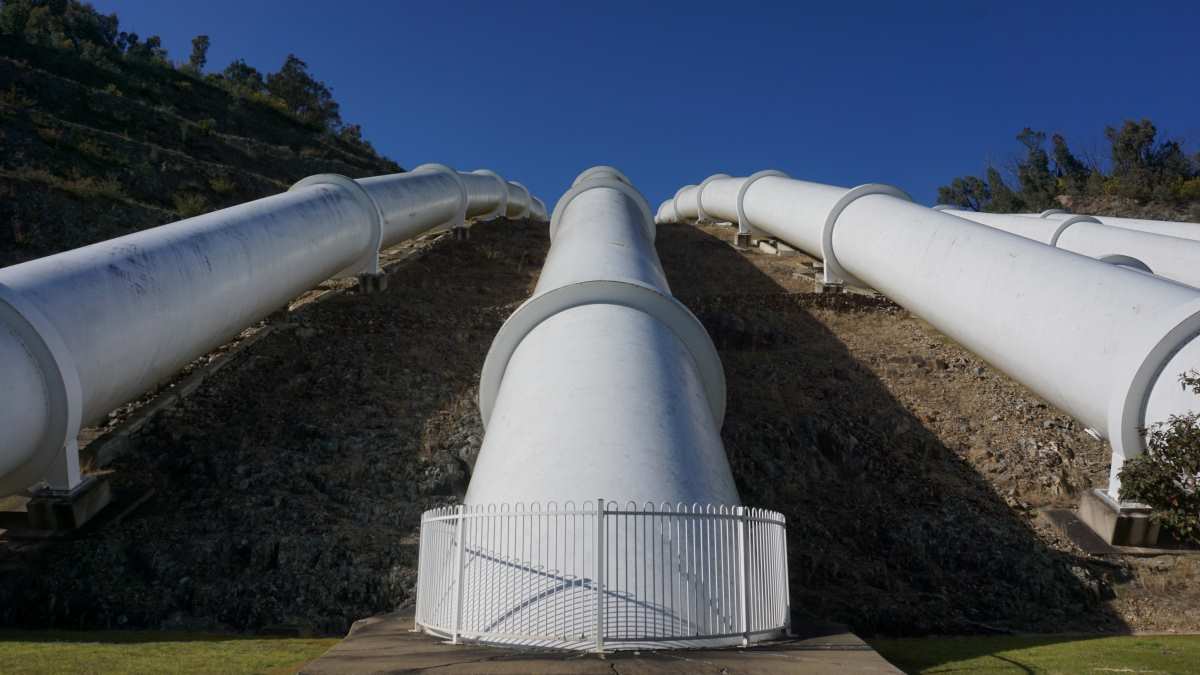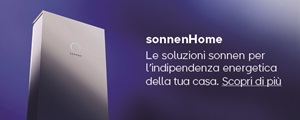With a decree made in December, Italy has introduced a new system of incentives for biomethane fed into the grid, destined for cogeneration or sold as motor fuel. These are measures which, according to Stefano Bozzetto of the European Biogas Association, could attract up to € 2 billion of investment over the next five years.
The most generous of the incentives is for biomethane destined for use as automotive fuel. It has been decided to issue twenty-year certificates for the use of biofuels (Italian Ministry of Agriculture and Forestry decree 29/04/2008 and subsequent amendments). The 28/11 decree has already set double incentives for the use of biofuels derived from by-products or waste products. The possibility of co-digesting by-products with other organic products is also provided for, with a limit of 30% by weight. In this case, the increase will be applied on 70% of the biomethane produced.
There is also a notable bonus which should prompt farms to become direct distributors of the fuel produced. In cases where the biomethane producer brings their product to market (for use as automotive fuel) through a new distribution point at their own cost, and without using the natural gas transmission network, they are entitled to a 50% increase in incentives, for a ten-year period.
For feeding into the grid, the producer is entitled to a special rate, for twenty years, equal to twice the 2012 market value for natural gas, less the monthly cost of the gas itself, if selling directly on the market. There is a 10% increase for smaller plants with a production capacity of less than 500 standard cubic metres per hour (500 Sm3/hour), and a 10% reduction for larger plants, greater than 1000 Sm3/hour.
For plants under 500 Sm3/hour, rather than selling the gas on the market they can opt for dedicated withdrawal by the GSE of all the biomethane for twice the 2012 market price for gas. Plants with a production capacity of between 250 e 500 Sm3/hour must, however, guarantee the use of by-products or waste products, making up at least 50% of the total, by weight. Plants using by-products exclusively are entitled to a 50% increase in the incentive.
For biomethane employed for cogeneration the bonus consists of the current electricity rates for biogas, net of the energy consumption for the high-yield cogeneration plant. It should be considered that this allows generation of electrical energy with a greater net efficiency than that offered by using biogas alone. The use of biomethane for the generation of electricity will be removed from tender costs and accounts, despite falling within the spending limits set for non-photovoltaic renewables.
The decree states the possibility of reconverting an existing biogas plant to biomethane production, either fully or in part. However, the benefits will be reduced in such cases, with only 40% of the incentives being awarded if the biomethane production is fed into the grid or used for the production of electricity, and 70% if used for motor fuel.








